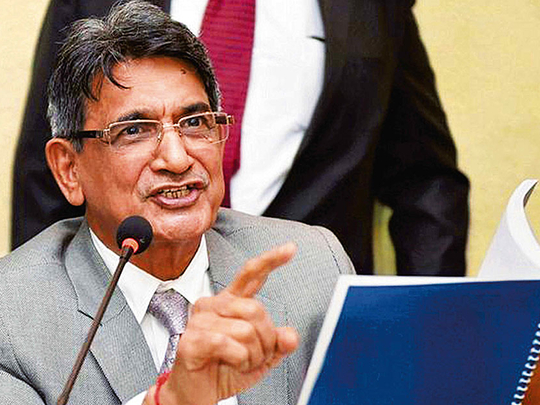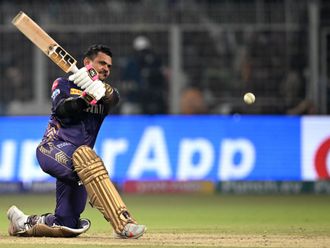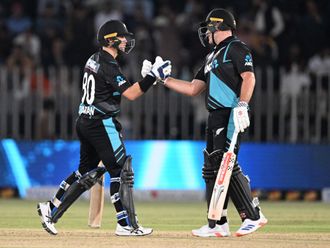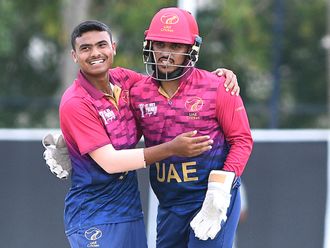
Dubai: Chief Justice RM Lodha’s reforms to clean up the image of Indian cricket required that old guards who ruled Indian cricket for many years stay away from getting re-elected in order for fresh candidates to be able to govern the game.
They created a rule that debars those over 70 years from taking office, while also including a cooling period for any official who has been in office for nine years.
Unfortunately, the rule does not prevent state associations from nominating sons and daughters of these old guards to take their place.
So effectively, the same people will again rule Indian cricket, but by proxy. This is nothing but making a mockery of the whole reform process.
N Srinivasan’s daughter Rupa Meiyappan will rule Tamil Nadu Cricket Association. She is none other than the wife of Gurunath Meiyappan who was caught in the 2013 IPL spot-fixing scandal.
Niranjan Shah, who ruled Saurashtra cricket for many years, may continue to rule through his son Jayesh Shah.
Even the former BCCI President turned Union Minister Anurag Thakur, who will have to serve a cooling period, is set to rule through his younger brother Arun Dhumal in Himachal Pradesh.
In short Srinivasan, Shah and Thakur, will rule not only the associations but also have a say in the administration of Indian cricket.
Like the Congress political party, which has not been able to shake off the dynasty rule, the BCCI too will remain the same.
Jagmohan Dalmiya’s son Avishek Dalmiya has got elected as Cricket Association of Bengal’s general secretary.
Following the rule that politicians holding ministerial posts should not become officer bearers, Home Minister Amit Shah, who was president of the Gujarat Cricket Association. had to resign and now his son Jay Shah has been nominated as GCA representative to BCCI.
So almost all the reforms that one thought could shake the BCCI is set to go wasted.
If clubs from each state continue to elect old guards’ relatives, sons of politicians and also encourage dynasty rule, there is nothing one can do about it.
It is very clear that clubs can be bought over with money and power, and those who ruled Indian cricket for years know the ways and means to continue to control cricket’s administration in the country.
All these rules came into play following the 2013 IPL spot fixing scandal, and at a time when Indian cricket was seen to be in danger.
There is nothing wrong in dynasty rule if cricket is in their hearts. It is difficult to fathom why politicians, who have never held a cricket bat in their hands, wish to serve Indian cricket by proxy or directly.
Remember, wrong people at the helm can crash the edifice of the game in India.












